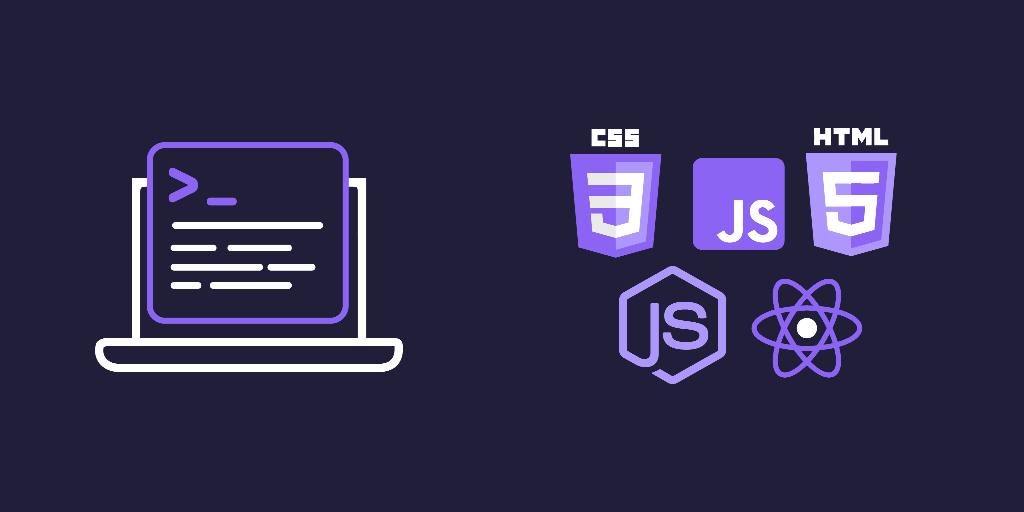- Learn web development basics (HTML, CSS, and JavaScript).
- Understand front-end and back-end development roles.
- Gain knowledge in databases and SQL for handling data.
- Learn PHP for back-end development.
- Build projects like a microblogging app to apply skills.
- Prepare for technical interviews with common web development questions.
SKILL PATH
Become a Web Developer
The "Become a Web Developer" takes us from understanding how the web works to building and deploying real applications. We start with core web concepts, how the internet and web function, HTTP vs. HTTPS, front-end vs. back-end responsibilities, and the website development lifecycle, then apply that foundation by beginning a microblogging website. Next, we build strong front-end skills with HTML, CSS, and JavaScript, learning responsive layouts and interactivity, and completing a hands-on project (an online CV with HTML and CSS). You then ramp up quickly in React: modern JavaScript refresher, JSX, components, props, events, hooks for state and effects, and routing for single-page applications. Finally, we move into full stack development by building server-side features with Node.js and Express, integrating React on the client, and deploying a complete application.
105 hours
178 Lessons
Learning Objectives
Understand how the internet and the web work (HTTP/HTTPS, requests/responses).
Build responsive, interactive websites using HTML, CSS, and JavaScript.
Create and deploy a real front-end project (Online CV with HTML + CSS).
Develop modern SPAs using React (JSX, components, props, events).
Build full stack web apps using Node.js, Express, MongoDB, and React.
Deploy a complete full stack application to production.
Path Content
Your method is simple, straight to the point and I can practice with it everywhere, even from my phone, that's something I have never had in other learning platforms.

I highly recommend Educative. The courses are well organized and easy to understand.

I prefer Educative courses because they have a nice mix of text & images. I find that with full video courses, it can often be too easy to go into passive learning mode.

I prefer Educative courses because they have a nice mix of text & images. I find that with full video courses, it can often be too easy to go into passive learning mode.

Your method is simple, straight to the point and I can practice with it everywhere, even from my phone, that's something I have never had in other learning platforms.

I highly recommend Educative. The courses are well organized and easy to understand.

I prefer Educative courses because they have a nice mix of text & images. I find that with full video courses, it can often be too easy to go into passive learning mode.

